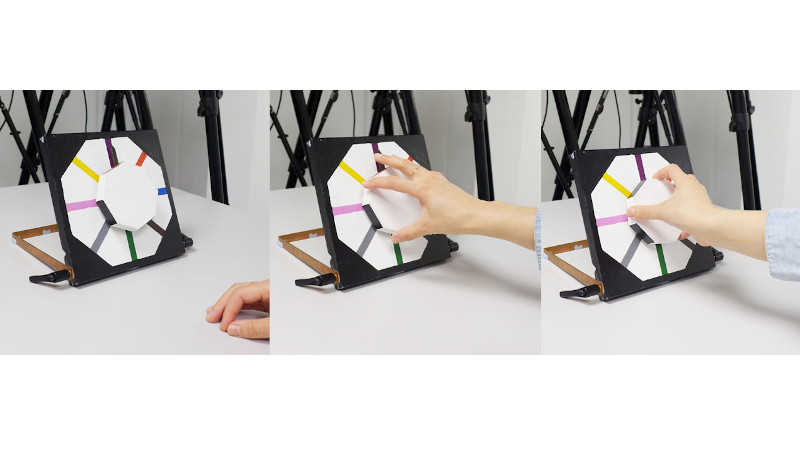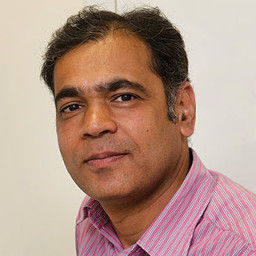Various methods and techniques are used in this research, with a range of equipment in our specialised research labs:
- PuMA Lab (Perception and Motion Analysis) houses a 3D motion analysis system, with 6 infrared cameras to track the coordinates of small reflective markers placed on the body. This equipment helps us understand how movements are planned and executed and to investigate the nature of movement difficulties, for example in individuals with Developmental Coordination Disorder (DCD).
- PAAC Lab (Perception, Attention & Affective Cognition) encompasses 3 labs which house our state of the art electroencephalogram (EEG) recording facility for event related potential (REP) research, our Transcranial Magnetic Stimulation (TMS) equipment which can temporarily excite or inhibit a small area of the brain, and our visual cognition lab.
- Writing Lab offers a range of equipment to record and measure handwriting and keyboarding behaviour.



